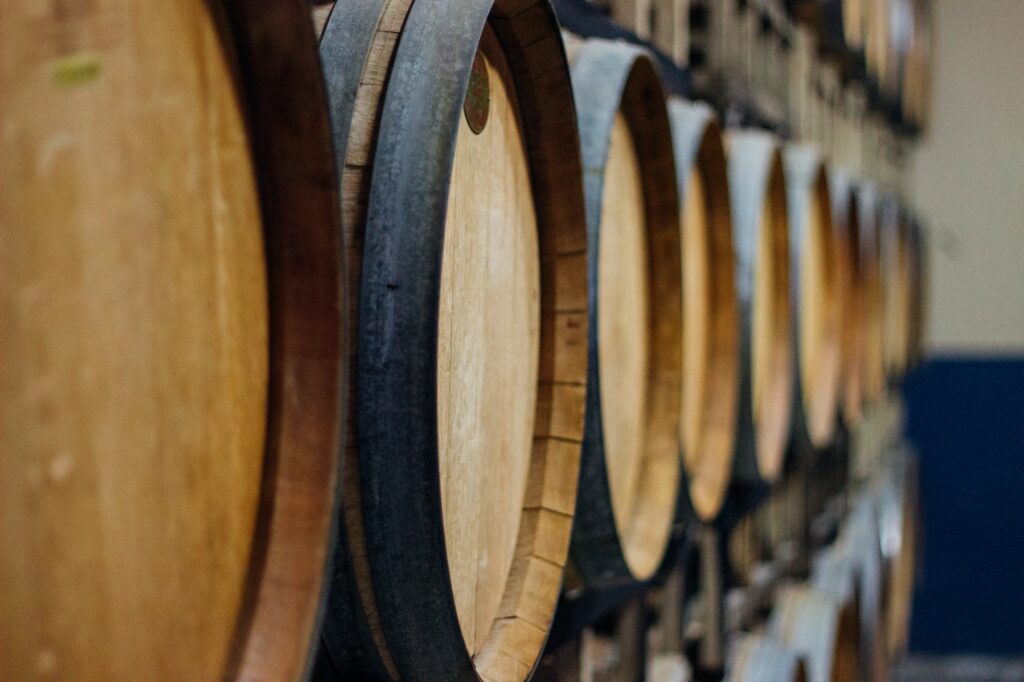French wine has a long and distinguished history, with centuries of production under its belt. From grand crus of Bordeaux to the fine wines of the Loire Valley, French wine is renowned for its complexity and excellence. Wine aging process plays an integral role in producing French wine; adding nuance, complexity and flavor to the finished product.
Discover the Benefits of Aging French Wine
Improved Flavor Profile
With age, a wine’s flavor profile becomes increasingly complex and intense. Over time, tannins and acidity will soften, creating a smoother, balanced taste. Many French wines are known for their complex aromas; aging can bring out their best characteristics even further.
Specialty Wines
Aging French wine can offer a wealth of specialty wines. From fortified wines like Banyuls and Rivesaltes to the indulgent sweet wines of Sauternes, ageing brings out the best qualities in French wines.
Higher Quality
Age brings out a certain level of quality that cannot be replicated with young wines. As wine ages, its flavors and aromas become more concentrated and intense while tannins and acidity soften. This results in an enhanced balanced and complex flavor profile which can only be achieved over time.
The Aging Process
Temperature and Humidity
Temperature and humidity are two key elements when it comes to French wine aging. To preserve its flavor and aromas, it’s essential that both remain consistent over time.
When ageing French wine, the type of barrel used is of critical importance. French oak barrels are traditionally made in France and help impart a distinct flavor and aroma to the wine. Aging in these barrels also helps soften tannins and acidity found in younger wines.
Time
Aging French wine requires patience. Over time, flavors and aromas develop while tannins and acidity soften. Generally speaking, the longer a wine ages, the better it tastes.
Different Types of Wine Aging
Wine aging comes in many different forms.
Oak Barrels
Oak barrels are the traditional aging vessels used for French wines. Made of tight-grained hardwoods such as oak or chestnut, these barrels age over several months or even years depending on the type of oak used and its size. Wines aged in oak barrels usually feature deep flavors with complex undertones and a full body structure.
Concrete
Next up is concrete aging. This technique has become more and more popular due to its cost-efficiency and speedy results. Concrete aging takes place in large concrete tanks where the wine is kept at a consistent climate for an extended period of time. Wines aged this way typically feature lighter flavors and subtler structures than those aged in oak barrels.
Steel
Finally, steel aging is the most modern technique used for wine aging. Wines aged in stainless steel tanks tend to have a lighter flavor profile and crisp finish compared to those aged in oak barrels. Furthermore, these containers are much cheaper and easier to maintain compared to their wooden counterparts.
Aging French Wine: What Are the Challenges?
Cost
Aging French wine can be an expensive endeavor for many. Red or white, these wines are typically produced with premium grapes from renowned regions such as Bordeaux, Burgundy and the Loire Valley – making them more expensive than other varieties due to storage and maintenance fees that add up quickly. With all this added expense added on top of aging a bottle of French wine can become quite pricey quickly.
Risk of Spoilage
Storing French wines properly is essential to guarantee they remain at their ideal condition. Improper storage, incorrect temperatures and inadequate ventilation can lead to spoilage, making it difficult to enjoy your wines at their best.
Labor-Intensive
Aging French wines requires a great deal of hard work. From monitoring the temperature in storage areas to checking for signs of spoilage, proper care must be taken to guarantee they remain in their ideal condition.
Aging French wine can be both rewarding and complex. Although the rewards can be immense, it is essential to comprehend the challenges associated with this process. With just the right combination of temperature, humidity, barrel type and time on board, you can create an enchanting French wine.
There are some wine that don’t need age processing, such age rosé wines, they are yound and more fresh, perfect for the summer !

